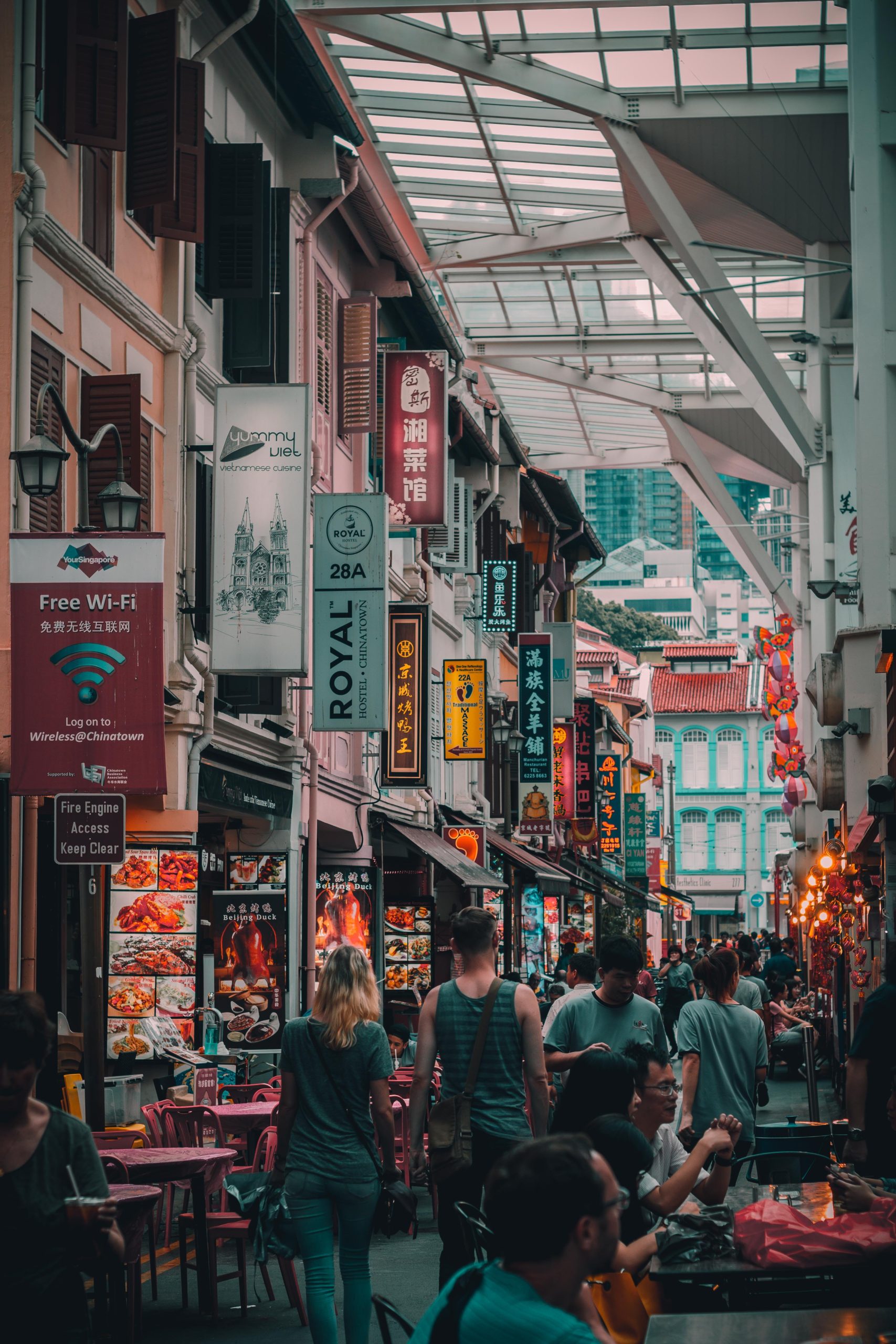
The demand for foods that cause less harm to the environment and do not require large swaths of land for production — specifically meats and other sources of protein — is growing significantly. Part of this trend is that countries are demonstrating that widespread adoption of alternative proteins is possible, and Singapore is leading the way.
The alternative meat market, which includes plant-based meats and cultivated meats, is expected to reach $140 billion within the next decade, about 10% of the global meat industry. While plant-based meat companies are popping up all over, Singapore was the first country in the world to approve the commercialization of cultivated meat products.
Cultivated meat is made by establishing an environment in which animal cells can proliferate, differentiate and form tissue in similar fashion to how they would do so inside an animal’s body. With cultivated meat, this environment is in the form of a bioreactor, which is a lot like one of those big tanks you see at beer breweries or yogurt factories. At scale, it is projected that cultivated meat produced via cellular agriculture requires 95% less land, uses 78% less water, and can reduce greenhouse gas (GHG) emissions by 92% compared to conventional beef production, according to an independent Life Cycle Analysis conducted by CE Delft. This significantly lower environmental impact makes cultivated beef a more sustainable production method that supplements sustainable segments of animal agriculture.
Singapore’s food culture is cutting-edge and we’re proud to debut in the country soon. Singaporean citizens are quite open to trying new and unique foods. They’re environmentally conscious and have a desperate need for more food security: the nation imports 90% of its food from over 160 other countries. Singapore’s government is now working towards ‘30 by 30’— building up its agri-food capacity to the point where it will be able to satisfy 30% of the island’s nutritional needs locally and sustainably by 2030. This target is also featured in the Singapore Green Plan 2030 as a key element for sustainability at large.
For Singaporeans, part of overcoming these restraints is focusing on cultivated meat as a key to achieving food security. With a solution like ours, the country aims to become a global leader and pave the way as an early adopter for this new food innovation. In December 2020, the Singapore Food Agency (SFA) made history as the world’s first regulatory authority to approve cultivated meat as an ingredient for sales. Shortly thereafter, patrons of restaurant 1880 became the first diners to indulge in a chef’s twist on cultivated chicken nuggets.
Though cultivated chicken is currently the only cultivated meat available for sale, producers are working on seafood too. Recently, a company based in Singapore unveiled a cultivated crab and has also been working with cultivated lobster and shrimp.
This is just the beginning. More and more companies have been setting up facilities in Singapore over the last couple of years with the aim of strengthening the country’s food security; Singapore is a hot spot for this type of edible innovation. Singaporeans are highly aware of the impacts and challenges of conventional meat production and respond positively to cultivated meat as a solution to some of these challenges. They have shown continued excitement for the prospect of a new type of meat made within their own borders that could propel them towards food self-sufficiency. That’s why Aleph Farms is targeting Singapore as one of the first places to introduce a product that could change the way people around the world consume meat.
Aleph Farms was founded in 2017 by food experts and scientists united in their mission to feed the world and preserve the planet. Since its inception, Aleph Farms hasn’t stopped trailblazing through the cultivated meat industry. We created the world’s first cultivated beef steak in 2018, the world’s first cultivated meat produced in space in 2019, and the world’s first cultivated ribeye steak in 2021.
Together, Aleph Farms, a leader in cultivated meat, and Singapore, a first-adopter country, are ideal partners to drive an inclusive transition to sustainable and resilient food systems.
